When we blindly adopt a religion, a political system, a literary dogma, we become automatons. We cease to grow
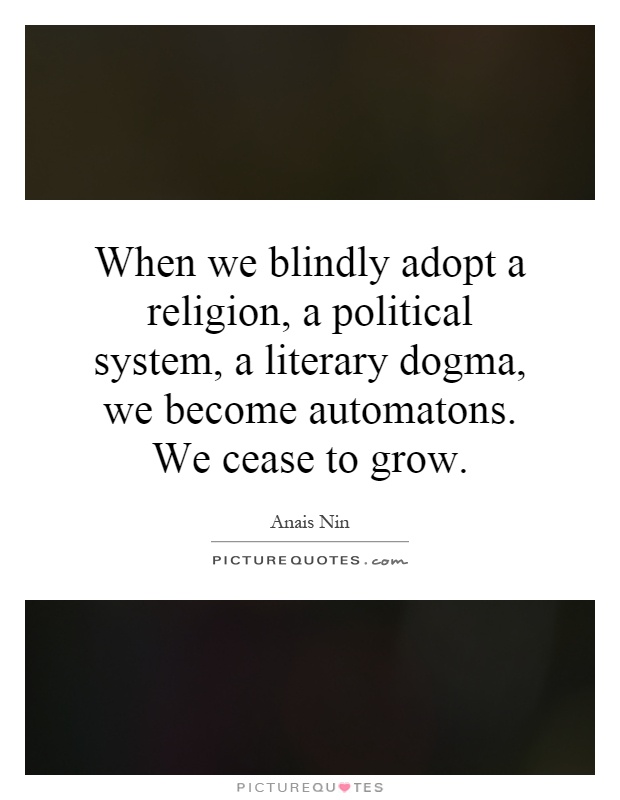
When we blindly adopt a religion, a political system, a literary dogma, we become automatons. We cease to grow
Anais Nin, a prominent writer and diarist known for her introspective and provocative works, often explored themes of individuality, self-discovery, and personal growth. In the quote, “When we blindly adopt a religion, a political system, a literary dogma, we become automatons. We cease to grow,” Nin highlights the dangers of conforming to rigid belief systems without critical thought or self-examination.Religion, politics, and literature are all powerful forces that shape our beliefs, values, and identities. However, when we blindly accept these systems without questioning or challenging them, we risk losing our autonomy and stifling our personal growth. By becoming automatons, we surrender our ability to think independently, make informed decisions, and evolve as individuals.
Religion, in particular, can be a source of comfort, community, and moral guidance for many people. However, when we adhere to religious doctrines without questioning their validity or relevance to our own lives, we run the risk of becoming closed-minded and intolerant of other perspectives. Blind faith can lead to dogmatism, judgmental attitudes, and a lack of empathy for those who do not share our beliefs.
Similarly, political systems can be a source of stability, order, and social progress. However, when we blindly align ourselves with a particular ideology or party without considering its implications or consequences, we risk becoming complacent and indifferent to the needs and rights of others. Political dogma can lead to polarization, divisiveness, and a lack of compromise or cooperation.
Literature, as a form of artistic expression and cultural reflection, can also influence our beliefs, attitudes, and perceptions. However, when we adhere to literary dogmas or trends without exploring diverse voices and perspectives, we limit our understanding of the world and ourselves. Blindly following literary conventions can stifle creativity, originality, and innovation.

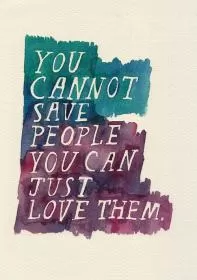
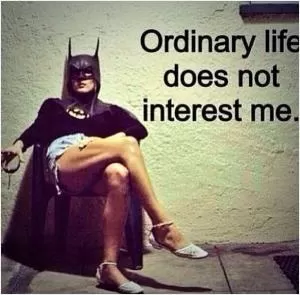

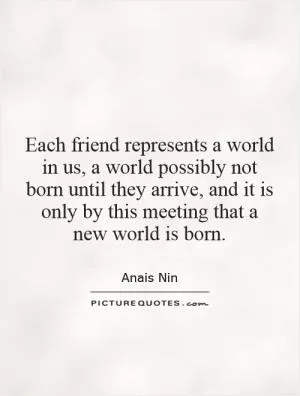
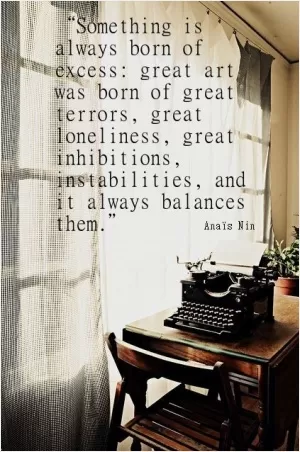
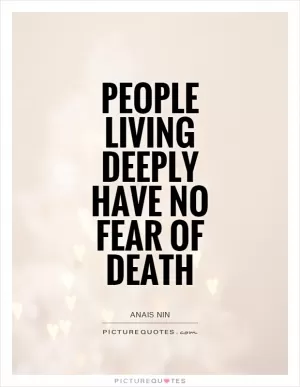
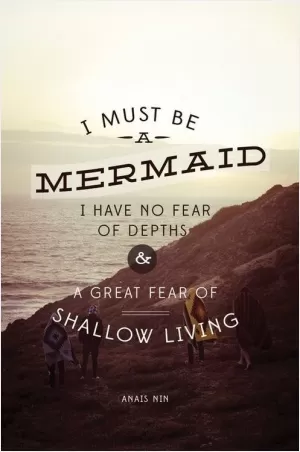
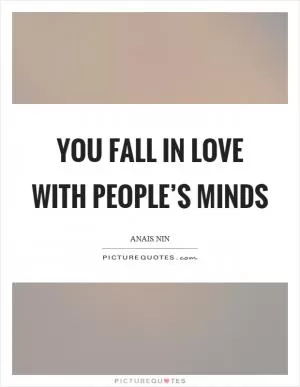
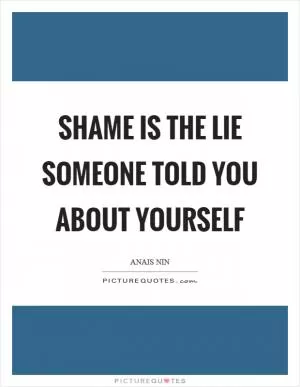
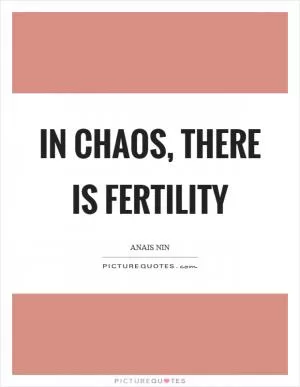

 Friendship Quotes
Friendship Quotes Love Quotes
Love Quotes Life Quotes
Life Quotes Funny Quotes
Funny Quotes Motivational Quotes
Motivational Quotes Inspirational Quotes
Inspirational Quotes